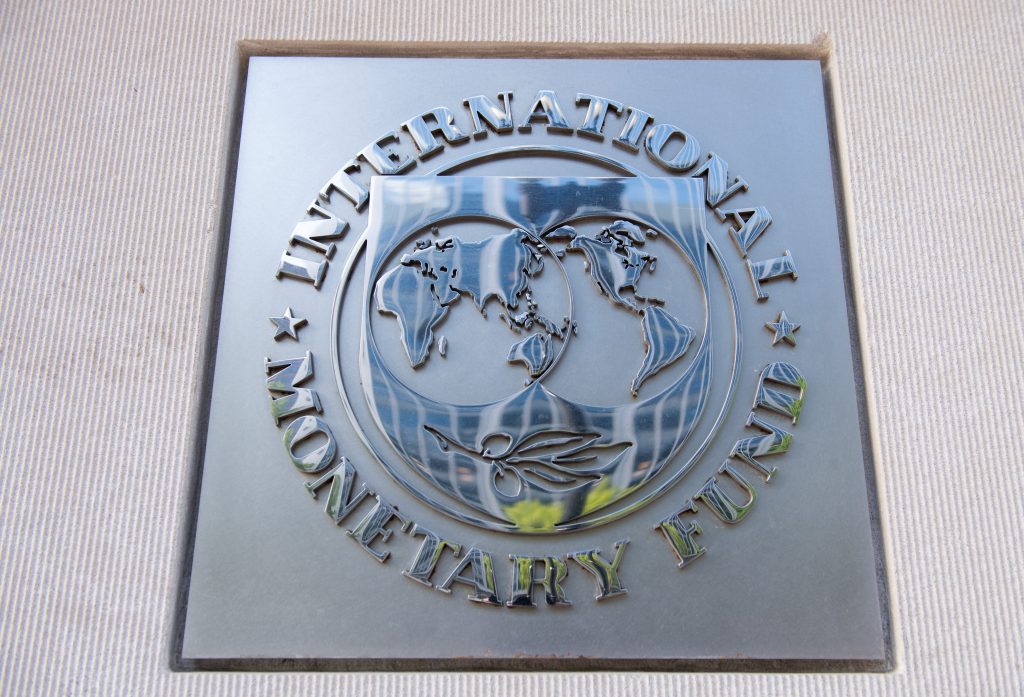
- ARAB NEWS
- 02 Jul 2025

TOKYO: Interest rate cuts may do more harm than good to Japan's economy hit by fallout from the coronavirus pandemic, a senior International Monetary Fund official said, warning the central bank against pushing rates deeper into negative territory.
Odd Per Brekk, deputy director of the IMF's Asia and Pacific department, also said Japan should boost fiscal spending and hold off on raising taxes as it focuses on containing the virus and moderating the damage to the economy.
"In the near term, expansionary fiscal policy is warranted to mitigate the impact of the COVID-19 in the short term and support the recovery afterwards," he said in a written interview with Reuters.
"We do not consider this to be an appropriate time to be increasing taxes," he said, when asked whether the IMF was sticking to its long-standing view that Japan should steadily raise the sales tax rate to rein in its huge public debt.
The Bank of Japan eased monetary policy last month by pledging to boost risky asset purchases and create a new loan scheme to pump more money into firms hit by slumping sales.
Sources have told Reuters the BOJ will discuss further steps to ease corporate funding strains at this month's rate review as the fallout from the outbreak deepens.
Brekk said the BOJ's steps in March were "timely and appropriate," as it helped calm market nerves and ease financial conditions.
If markets show signs of dysfunctioning, the BOJ could further boost asset purchases and liquidity provision, he said.
Brekk said the BOJ should be cautious about deepening negative rates, a move considered as among key options if the central bank were to loosen policy.
"The pros and cons of a policy rate cut would indeed need to be considered carefully, as cutting the policy interest rate would provide fairly limited economic stimulus while negative rates may weaken profitability in parts of the financial sector," Brekk said.
Under a policy dubbed yield curve control, the BOJ guides short-term rates at -0.1% and long-term borrowing costs around zero. It also buys huge amounts of government bonds and risky assets to pump money into the economy.
Critics of negative rates argue that the policy discourages financial institutions from boosting lending as it hurts their margins, running counter to government efforts to provide funds to cash-strapped firms.
The government unveiled a near $1 trillion stimulus package last week to combat the coronavirus health crisis and a plan to boost bond issuance to pay for the cost, a move that would strain Japan's already tattered finances. The country has so far recorded more than 8,000 infections with 162 deaths, excluding victims from the cruise ship quarantined in Japan in February.
Brekk said while the stimulus package will increase Japan's fiscal imbalances in the short term, it was too early to judge the long-term implications to its fiscal health with the global economy in the middle of a crisis.
"Like in other countries, the pace and size of medium-term fiscal adjustment in Japan would need to be re-assessed once the health crisis is over and the extent of the economic loss is better known," he said.
In its World Economic Outlook report released on Tuesday, the IMF projected Japan's economy to contract 5.2% this year before rebounding to 3.0% growth next year.
Reuters